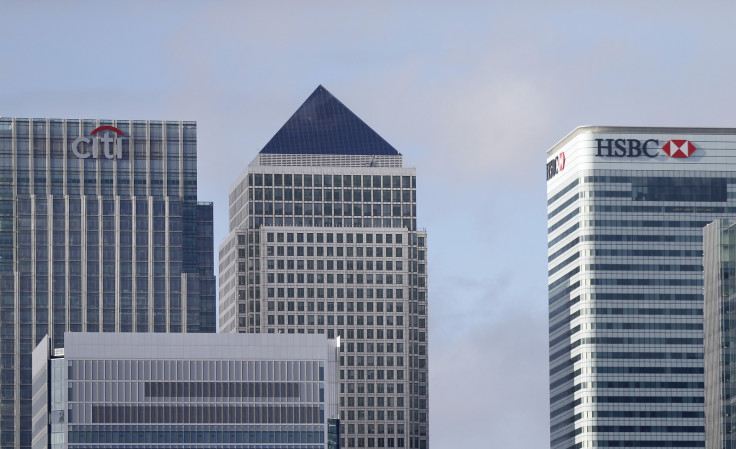Why UK Plc should heed wise words of Archbishop of Canterbury

A Catholic priest once told me that Faith is something reasonable. Indeed most of society runs by faith in the sense that what we know we have usually learned from others, not through our own direct knowledge. Faith in another is reasonable if we realise they know what they are talking about and we have reasons to trust them.
What has this to do with business and the current general lack of trust in business? Quite a lot. This was the theme of a dinner I recently attended at Magdalene College, Cambridge, hosted by Dr Rowan Williams. It was part of an ongoing conversation with a wide range of stakeholders - curated by the Think Tank CoVi and sponsored by KPMG on the subject of "responsible tax for the common good[1]." The title of the event was "Faith in Business" - meaning both faith (in the sense of trust) in business and the place of Faith (as a set of beliefs and values) in guiding business decisions.
At dinner it was pointed out that for Faith to be relevant to society it must have a trustworthy base. The same is true of business: to be trusted it must be trustworthy. Trustworthiness is about actions, not words, so much of the conversation centred on how businesses can be trustworthy.
Transparency, vulnerability & trust
One obvious way is to be transparent. If a company is transparent it can be held to account by its various stakeholders.
Another, perhaps less obvious, way is to be "vulnerable" –being prepared to admit mistakes and not claiming to have all the answers. Paradoxically, we trust someone more if they demonstrate vulnerability rather than proclaiming they are always right. Reflecting on this in the climate of the current debate about business - the controversies about tax and tax planning are a good example -too often this vulnerability is missing.
Businesses proclaim they respect "all applicable laws" and that their practices should not be questioned. On the other side, NGOs and campaigners often appear to insist that their ideas are the only acceptable ones and a business which does not comply must be up to no good – and so cannot be trusted. Interestingly, the Responsible Tax for the Common Good conversation has enabled all parties to start to demonstrate a reciprocal vulnerability which is enabling common ground to be explored.
But trustworthiness on its own is not sufficient. A company might be quite transparent about having "bad" practices – underpaying staff, damaging the environment, using every tax loophole in the book. It could be trustworthy in doing the "wrong" thing but it would not gain our trust. Returning to my opening anecdote, we could trust that what the business says is true, but would not believe in what it does because its actions would not accord with our own values. There would be no faith in such a business. This is where the question of Faith in business comes in.
Faith & the common good
Clearly I am not advocating a business should be run according to a set of particular religious practices. However, sometimes people speak as if there was a special creed which applies to business and which must be accepted as a sort of unquestionable dogma. Basically it's along the lines that business simply exists to make as much profit for the owners (shareholders in a company) as possible. But, as was pointed out at the Magdalene dinner, in reality this is not how we behave. Drugs smuggling and arms trafficking are very profitable but we do not hold them out as models to be imitated.
A business is made up of a complex web of many stakeholders – employees, managers, owners, suppliers, customers etc. Each of these is composed of individuals who will ultimately act according to their own values and beliefs. It is here that different Faiths can inform an individuals' own conscience. And when I refer to Faiths, I mean this in the widest sense including philosophical and humanistic thought not just religions in the narrow sense.
At the dinner we heard about Catholic Social Teaching, Aristotelean virtue ethics, Hebrew teaching – particularly on repentance and forgiveness – and how Islam starts from the belief we are all one family created by God. Because they are drawn from centuries of wisdom and human experience these Faiths can help create a vision of the common good we can all recognise. There are now a number of initiatives, such as Blueprint for Better Business, exploring how such traditions can assist business.
Clearly Faith exists in business but is often under the surface. This poses a final question. If people act according to deeply held beliefs, and if trustworthiness involves being transparent, wouldn't faith in business be helped if we were more open about Faith in business?
Chris Morgan is Head of Tax Policy at KPMG and one of the supporters of the "Responsible Tax for the Common Good" project. Views expressed in his articles are his own.
Christopher.morgan@kpmg.co.uk
© Copyright IBTimes 2025. All rights reserved.






















